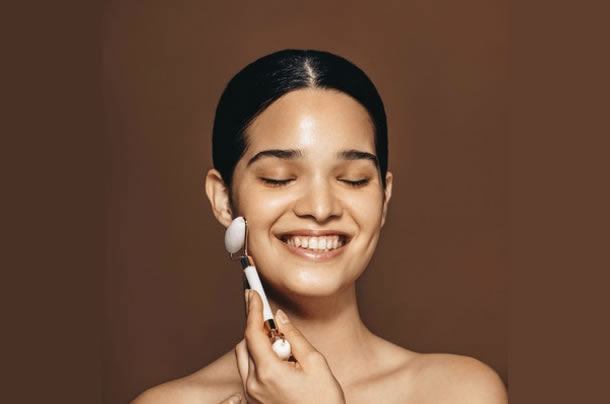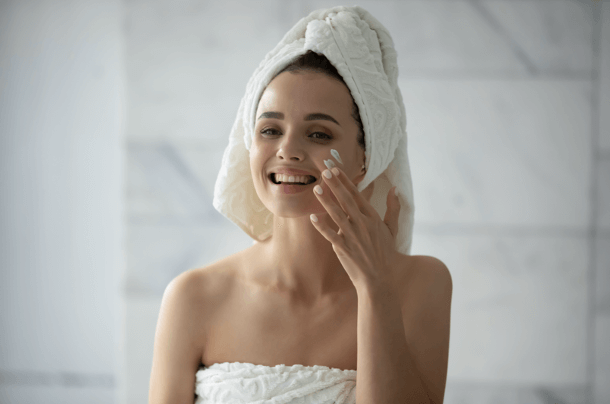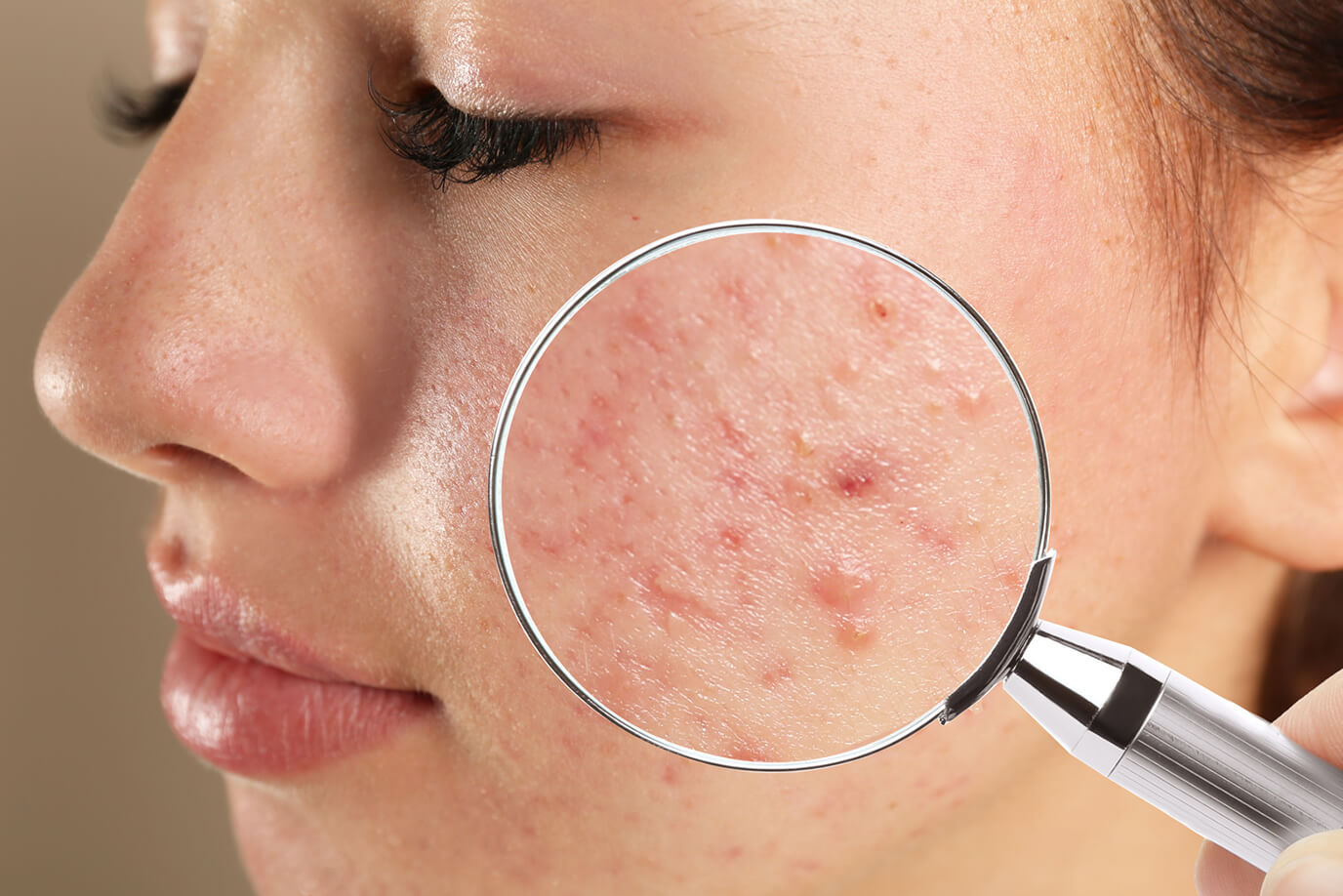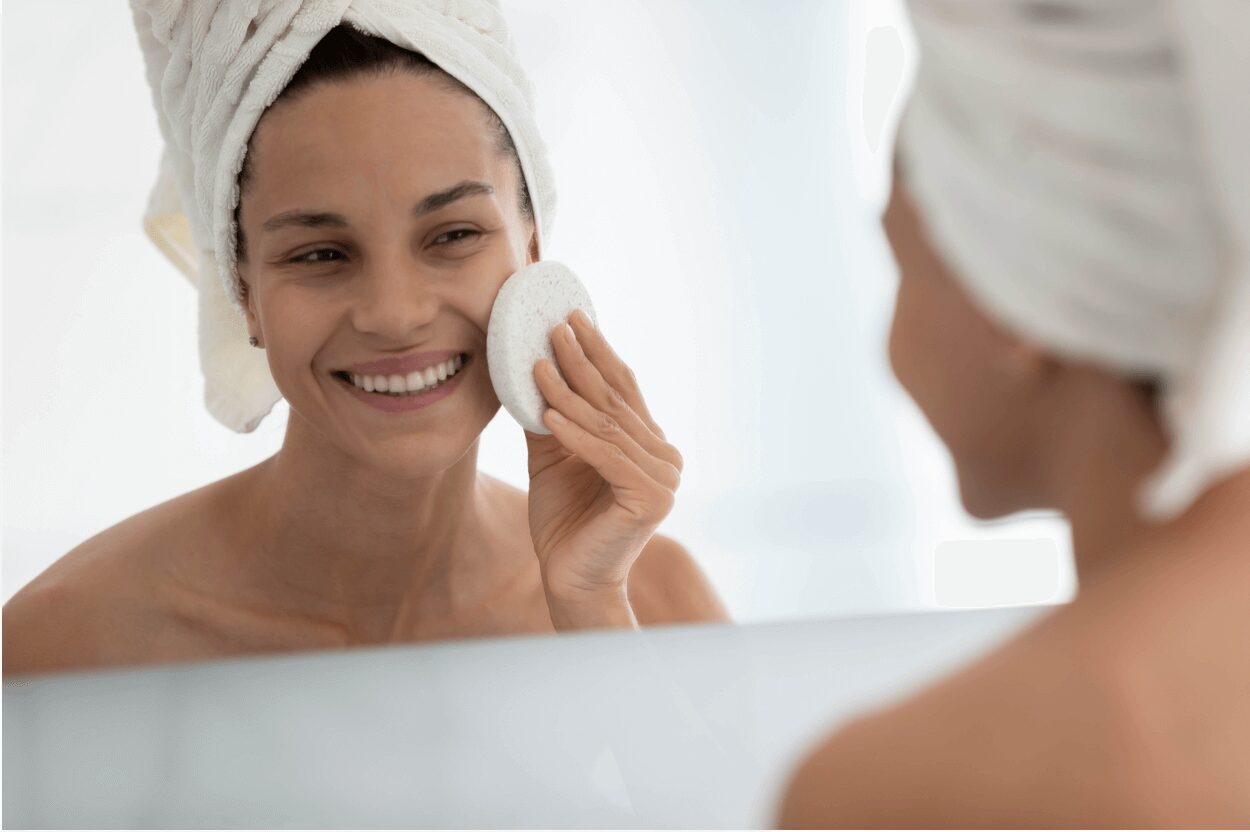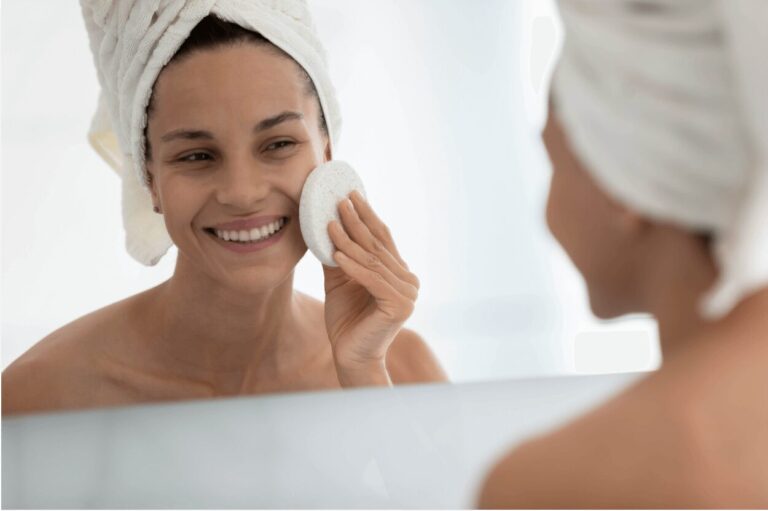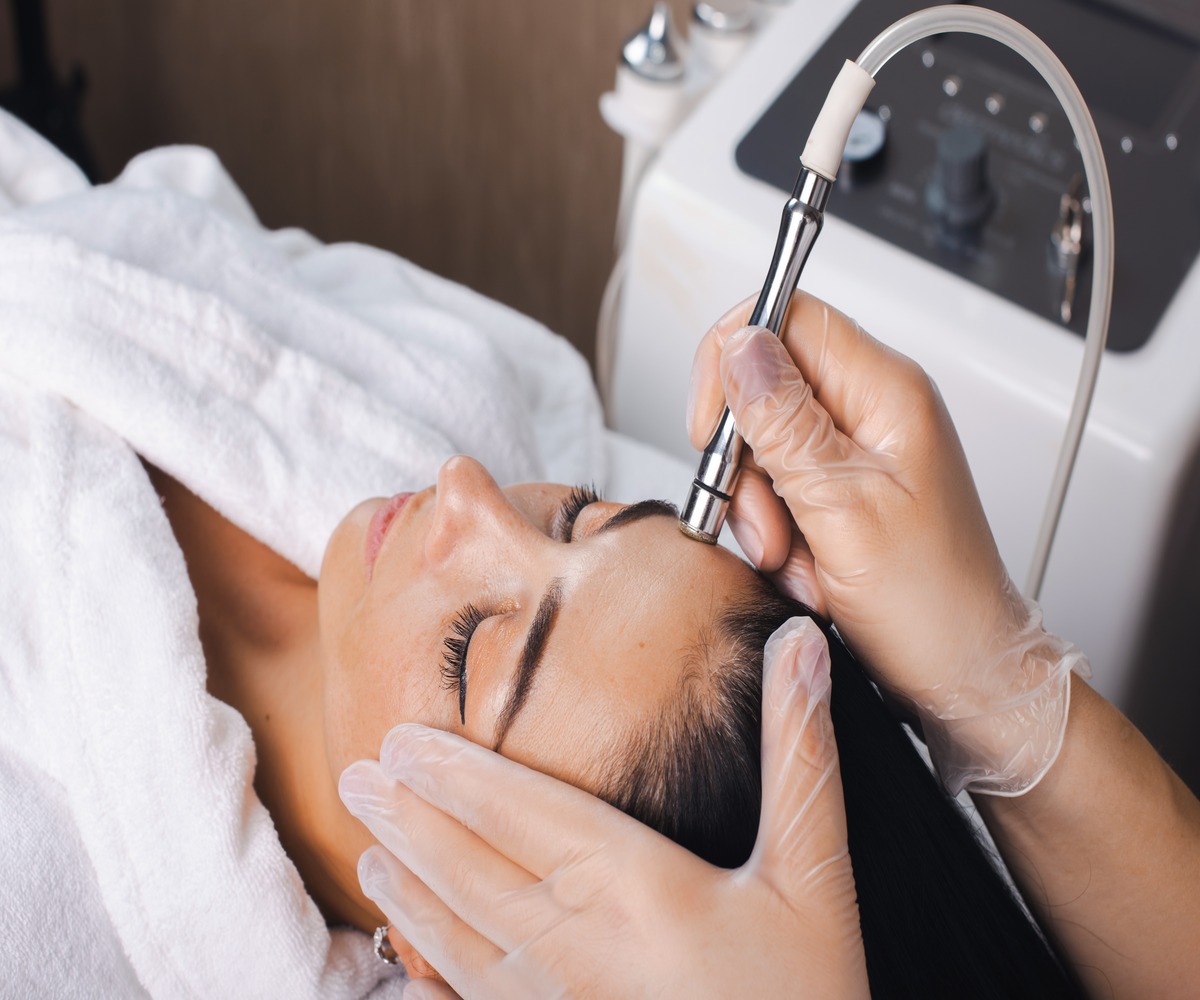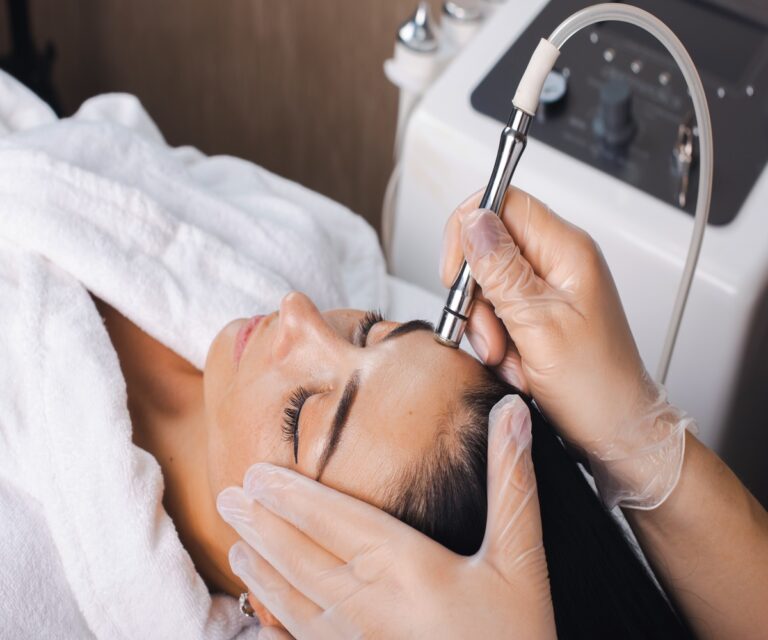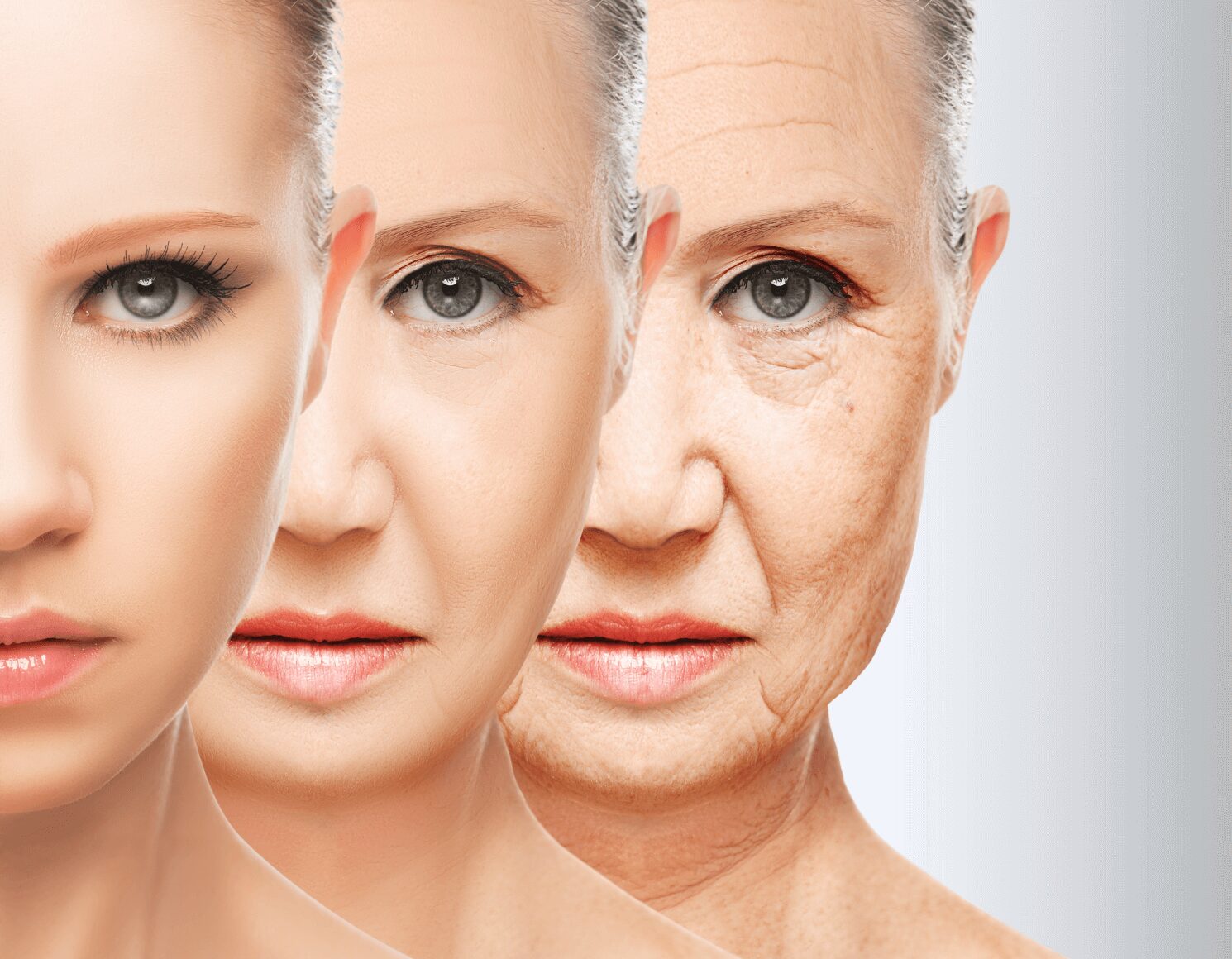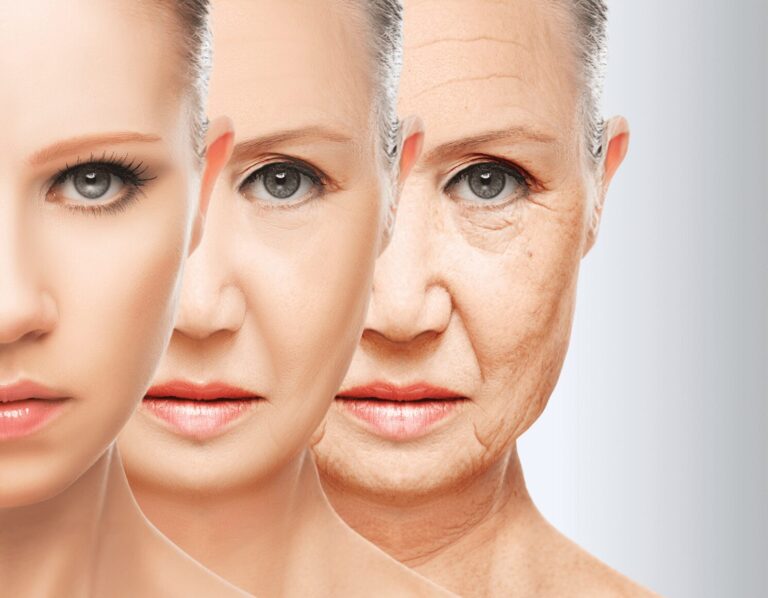Fading Scars, Revealing Confidence: A Guide to Acne Scar Removal

Acne scars – a lingering reminder of past breakouts. While acne itself can be frustrating, acne scars can knock your confidence even further. But fret not! There are effective ways to minimize their appearance and achieve smoother, clearer skin.
This blog post delves into the world of acne scar removal, exploring different types of scars, effective treatment options, and tips to manage expectations and boost your confidence throughout the process.
Understanding Your Scars: Different Types and Treatments
Acne scars come in various forms, and the best treatment depends on the specific type:
- Ice Pick Scars: These are deep, narrow scars that resemble chickenpox marks.
- Rolling Scars: These rolling dips in the skin often appear on cheeks and temples.
- Box Scars: These have sharp, defined edges and a deeper appearance than rolling scars.
- Atrophic Scars: These are flat, shallow depressions in the skin.
- Hypertrophic Scars/Keloid Scars: These raised, red scars form due to excessive collagen production during healing.
Important Note: A dermatologist can diagnose the type of acne scars you have and recommend the most suitable treatment options.
Combating Scars: Effective Acne Scar Removal Treatments
While there’s no magic eraser for acne scars, various treatments can significantly improve their appearance:
- Topical Creams: Certain creams containing retinoids or tretinoin can help improve the appearance of mild atrophic scars.
- Microdermabrasion: This minimally invasive treatment uses fine crystals to exfoliate the top layer of skin, smoothing the surface and minimizing scars.
- Chemical Peels: Chemical solutions are applied to the skin to remove outer layers, promoting new cell growth and a smoother texture, potentially reducing scars.
- Laser Treatment: Fractional lasers target scar tissue, stimulating collagen production and improving scar texture and visibility. There are various laser types, and a consultation with a dermatologist is crucial to determine the most suitable option.
- Microneedling: This treatment uses tiny needles to create controlled punctures in the skin, triggering collagen production and improving overall skin texture, potentially reducing scar visibility.
- Dermaplaning: A medical-grade blade removes the top layer of dead skin cells and vellus hair (peach fuzz), creating a smoother and more even appearance. This treatment may not directly address scars but can improve overall skin texture.
- Fillers: Dermal fillers can be injected to plump up depressed scars, making them less noticeable.
- Surgery: Punch excision and subcision are surgical options for deeper scars. A dermatologist can discuss if these are appropriate for your specific case.
Remember: Acne scar treatment often requires multiple sessions and patience to see noticeable results. Consultation with a qualified dermatologist is essential to determine the best course of action for your individual needs and scar type.
Managing Expectations: A Realistic Approach to Scar Removal
While acne scar treatments can be effective, it’s important to set realistic expectations:
- Scars Won’t Completely Disappear: The goal is often to minimize their appearance, not erase them completely.
- Results Take Time: Be patient and consistent with treatment. It may take several weeks or months to see noticeable improvement.
- Individual Results Vary: What works for one person might not be as effective for another. Your dermatologist will work with you to create a personalized treatment plan.
Beyond Treatment: Building Confidence with Acne Scars
While working on acne scar removal, remember that you are not defined by them. Here are some tips to boost your confidence:
- Focus on Your Overall Skin Health: Maintain a consistent skincare routine and healthy lifestyle habits for a healthy glow.
- Embrace Makeup (Optional): Makeup can help camouflage acne scars if that makes you feel more confident. However, it’s not necessary to cover them up completely.
- Self-Love is Key: Focus on your positive attributes and cultivate self-acceptance.
Remember: You are beautiful with or without acne scars.
Conclusion
Acne scars can be a concern, but there are effective treatment options available. By consulting a dermatologist, choosing the right approach, and maintaining realistic expectations, you can achieve smoother, clearer skin. Remember, confidence is the most beautiful accessory you can wear.


